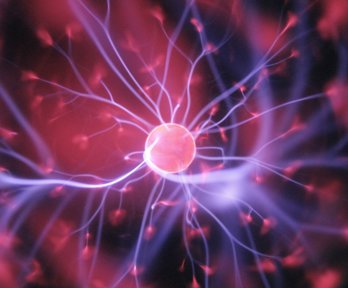The purpose of this module is to explore some of the links between the disciplines of geography and science through three topical flashpoints: Swine Flu, the Sichuan Earthquake (2008) and climate change with particular reference to flooding in London. These lessons can be taught as a unit, can provide useful stand alone lessons and also complement and link with other modules on this website including Changing Climate, Risky World and Are You Flood Ready?
This module begins with students considering what geographical flashpoints are by using three factfiles and how these can involve both geography and science interlinkages. Students then move onto considering each of the flashpoints in turn. Beginning with Swine Flu, students have an opportunity to study the global distribution of Swine Flu to gain an appreciation of the scale of the pandemic. In order to gain a more balanced view of the disease, students complete a critique of a variety of media portrayals of the pandemic.
Following this, the Sichuan Earthquake (2008) is examined. This earthquake, which is on a more local scale, is compared to the Tangshan Earthquake (1979) to reflect on whether lessons have been learnt. Students focus on preparedness and building construction in earthquake zones, recognising the impact that poor building can have on lives lost. Students have an opportunity to study this case study in detail as well as thinking for themselves in terms of the recommendations they produce.
Climate change is the third flashpoint studied. In the first of two lessons, students develop their I.C.T. skills in producing an annotated map of the global impacts of climate change to gain a global spatial perspective of this third flashpoint. In the second lesson, students take part in a group decision making activity based on the film Mission Impossible. This activity can help students to gain an understanding of the local scale of climate change and possible mitigation strategies required to reduce its impact.
The three flashpoints are brought together again in the final lesson of this module, where students consider the problems or impacts associated with pandemics, earthquakes and climate change and attempt to find possible solutions to reduce their impact.

Introducing flashpoints
Flashpoints are major world events which may impact on a large number of people/places

Swine flu: an over-reaction?
This lesson explores the distribution of the swine flu pandemic and questions whether some media portrayals of the pandemic have been exaggerated and biased

Sichuan Earthquake (2008): lessons learnt?
What can be done to reduce the impact of earthquakes on people and places?

Climate change: global impacts
Climate change may impact on world population distribution in a variety of ways

Flood in London: A Mission Impossible?
Major floods in London have always been a part of London life

Reducing the Impact of flashpoints
What role/interest do geographers and scientists have to play in flashpoint solutions?
Downloads
File nameFiles
File type
Size
Download
The Geography of Science Lesson 3 Learning From The Past: Tangshan and Sichuan Compared (1)
176 KB
The Geography of Science Lesson 4 How will climate change affect world population density
216 KB
The Geography of Science Lesson 4 How will climate change affect world population density (1)
.doc
1 MB

